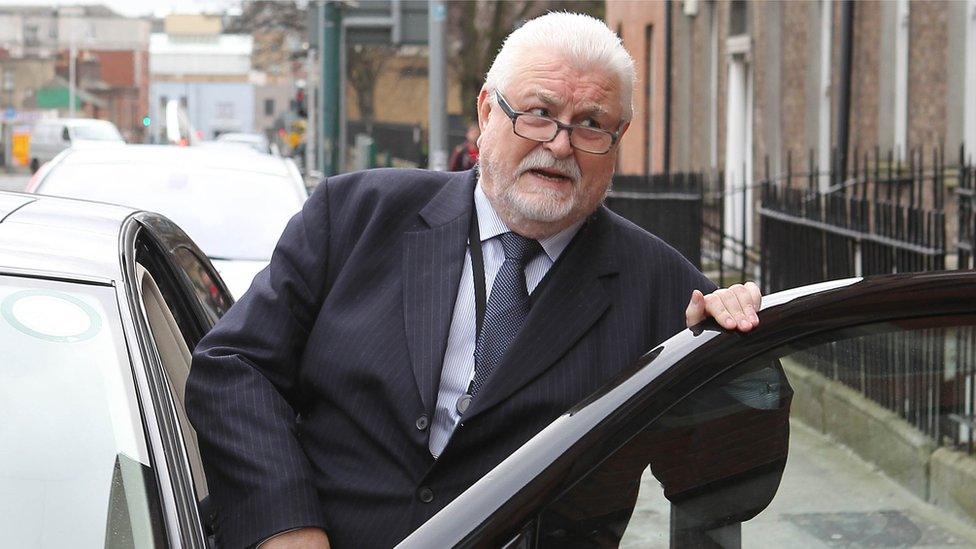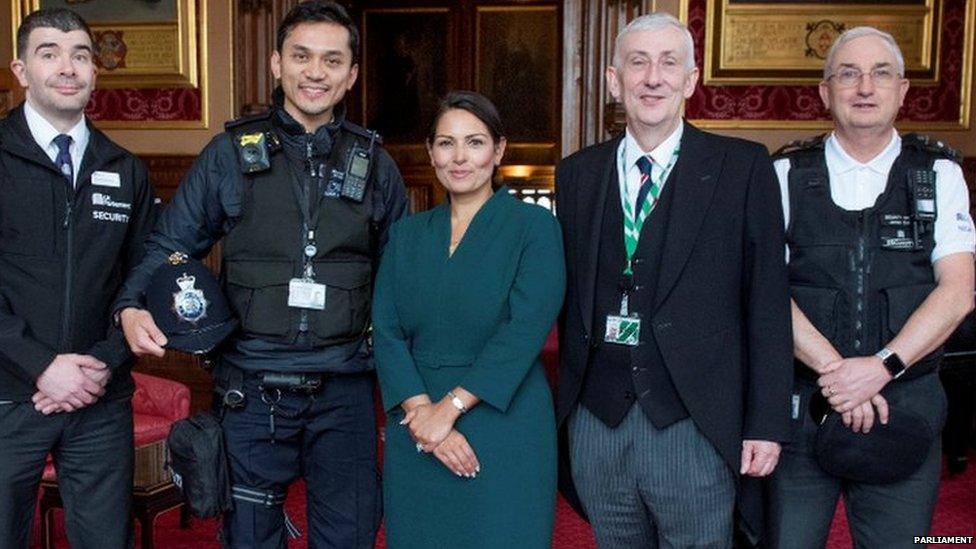Private members' bills: Mike Amesbury wins ballot
- Published

Labour's Mike Amesbury come first in the private members' bill ballot.
The ballot sees 20 MPs secure the chance to introduce a bill of their choice to the House of Commons, without needing government consent.
The order in which names are drawn determines the chance of each MP's bill getting debate time and becoming law.
However, the government's large majority means private members' bills are still likely to need some form of government support to succeed.
It is not yet known what subject Mr Amesbury, MP for Weaver Vale, will choose for his bill.
He was followed in the ballot by Labour's Darren Jones and Anna McMorrin, and Tory MP Laura Trott.
Of the 20 MPs selected, external, seven are from Labour, 10 are Conservatives and three are from the SNP. A total of 439 MPs entered the draw.
Commons Speaker Sir Lindsay Hoyle said: "Success in the private members' ballot empowers backbench MPs with a real opportunity to affect true legislative change or, at the very least, bring public awareness to an issue they feel passionate about.
"I am looking forward to seeing which colleagues and causes will appear on the order paper on sitting Fridays, and I wish all of my colleagues the very best of luck and success in the ballot."
The private members' bills will have their first reading in the Commons on February 5 and will then be debated over 13 Fridays when the House is sitting.
While only a small number of these bills have ever become law, some have effected significant change, including the abolition of the death penalty in 1965 and decriminalisation of abortion in 1967.
More recently, a 2019 private member's bill extended the availability of civil partnerships to opposite-sex couples.
- Published8 January 2020

- Published8 January 2020
